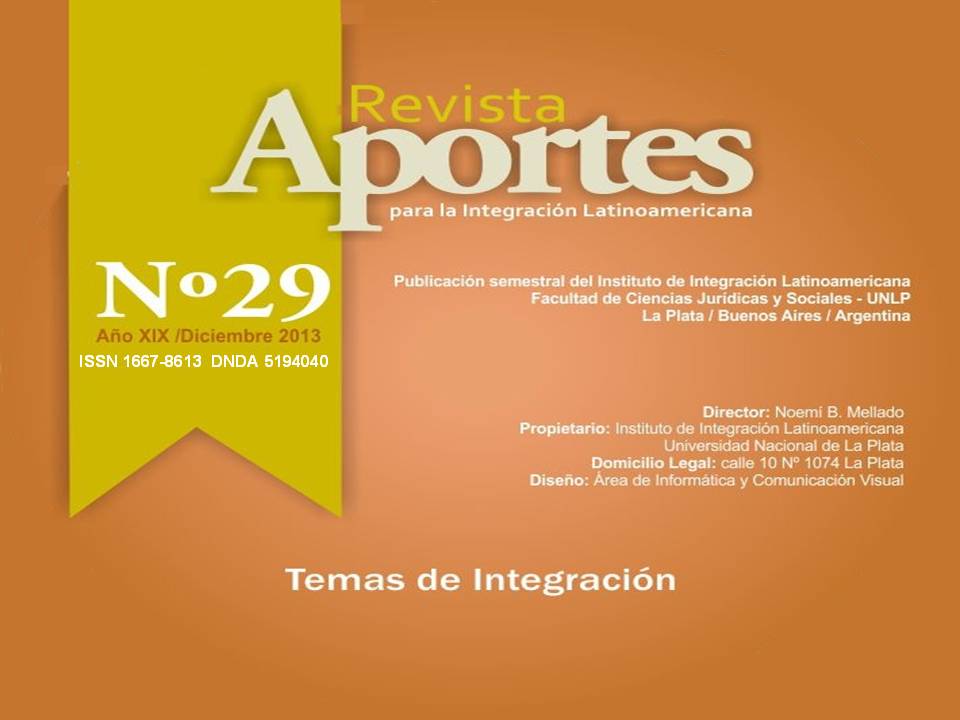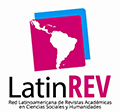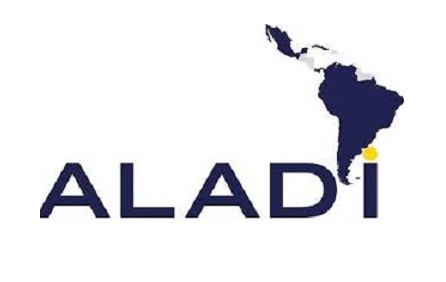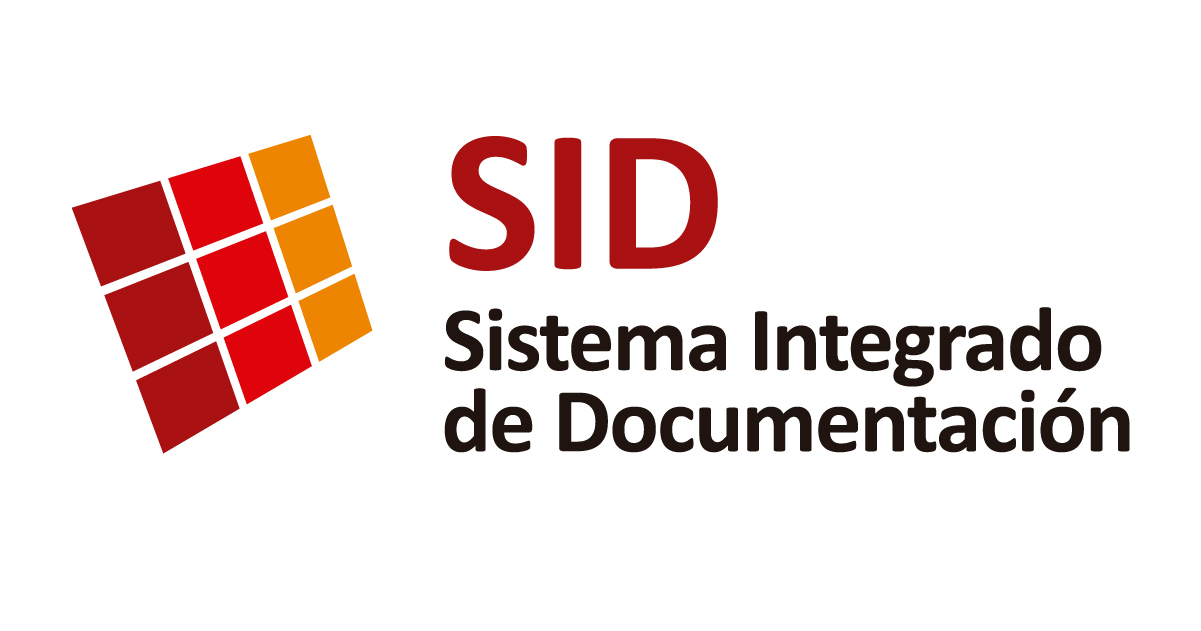Global and institutional changes in foreign policy: the case of IIRSA, UNASUR and the argentine Patagonia
Keywords:
Representation, Global crisis, Natural resources, IIRSA, ChinaAbstract
IIRSA project Installation, profile decision-making and its objectives, in the context of UNASUR for its Board of Infrastructure and planning installs the link between political representation and lobbying. The region has almost 50 years building his ways of integration and is hit by the logic of globalization, the market and the defeated FTAA project that transforms, appearing part of its logic in all GEF projects promoted by the World Bank from 90 ': Plan Puebla-Panama, IIRSA and Guarani Aquifer. UNASUR assumes defense, energy and environmental challenges. IIRSA is publicly driven from the region since the First Meeting of South American Presidents held in Brasilia in August 2000 but it was only in 2009 that UNASUR absorbed it in COSIPLAN. Thus, in the first years of the third millennium crisis rearrangement mingle with new actors such as China and projecting not only regionally but also at the provincial level, yet the patagonian and fuegian regions.
Downloads
Metrics
Downloads
Published
How to Cite
Issue
Section
License
Obras bajo licencia CC-BY-NC-ND
Esta licencia no permite la generación de obras derivadas ni hacer un uso comercial de la obra original, es decir, sólo son posibles los usos y finalidades que no tengan carácter comercial.


































